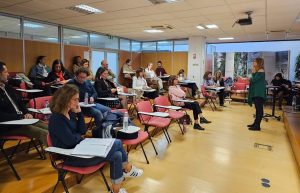In an ongoing effort to transform the rehabilitation process for vulnerable groups, including forcibly displaced persons, asylum seekers, and individuals under judicial community supervision with substance use issues, the TRAIVR project is making significant strides in the development of its groundbreaking training programme enhanced by virtual reality.
Beyond the already-proven effectiveness of virtual reality training, the commitment to creating user-friendly and language-independent materials is breaking down language barriers and promoting inclusivity, a top priority for professionals working with individuals who have been forcibly displaced and who have been convicted for a criminal offence. This accessibility is a central priority of the TRAIVR – “Training of Refugee Offenders by Virtual Reality” project. Project partners recently gathered for a two-day meeting to examine the progress and next steps of the initiative.
Finetuning the VR training scenarios
While the virtual reality training scenarios for the project have been finalised, this meeting provided a valuable opportunity for all partners to come together and engage in a collaborative effort to fine-tune the scenarios. During the meeting, partners brainstormed additional adjustments, rigorously tested the methodology, and ensured that it is ready for the end-users.
One of the key focuses during this process was to maintain a strong emphasis on accessibility, engagement, and overcoming language barriers. Ensuring that the VR training scenarios are inclusive and accessible to a diverse range of users remained a top priority.
The goal is to ensure that the VR training scenarios are not only inclusive but also easy to understand and user-friendly.
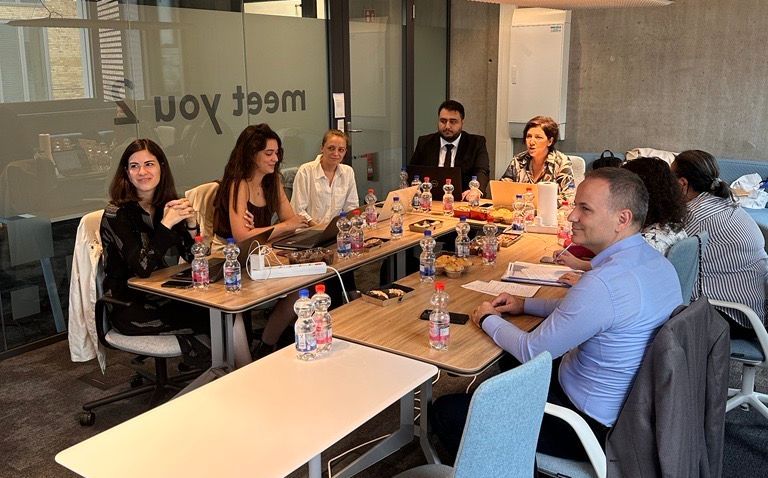
Assessing changes in the stress management skills of vulnerable individuals subject to judicial supervision
Project partners initiated the development of a comprehensive methodology for evaluating the impact of the TRAIVR intervention on participants, emphasising the project’s goal of fostering positive changes in individuals’ lives.
This methodology will encompass a range of assessment tools and techniques designed to measure the effectiveness of the TRAIVR approach in enhancing the targeted skills. This approach aligns with the project’s overarching goal of delivering effective training.
Training of Trainers programme
In an effort to ensure the effective dissemination of the TRAIVR methodology, the project consortium has undertaken the development of a comprehensive ‘Training of Trainers’ programme, designed to equip practitioners with the knowledge and skills needed to effectively implement the TRAIVR methodology in their training sessions. Specifically, practitioners will receive training on how to leverage VR technology to create immersive and impactful training experiences.
Additionally, the trainer’s manual will provide guidance on offering responsive feedback within the VR scenarios, ensuring that participants receive personalised and constructive guidance throughout their training journey.
Next Steps
Looking ahead, the TRAIVR partnership is finalising technical adjustments to the VR training scenarios to optimise the user experience. After this phase, the project preparing for pilot implementations in Turkey and Portugal, where the TRAIVR methodology will be thoroughly tested in probation settings, providing valuable feedback from end-users.
Additionally, two training events and national seminars are scheduled for October and November 2023, aiming to further disseminate knowledge about the TRAIVR methodology and encouraging engagement. A seminar will be held in Portugal on November 6th, 2023, offering an enriching experience for all attendees.
Learn more about this project

TRAIVR
Training of Refugee Offenders by Virtual Reality
The TRAIVR partnership is composed of organisations from Turkey (Baskent University and Ankara Probation Directorate), Portugal (IPS_Innovative Prison Systems), Germany (Becure GmbH), and Romania (European Strategies Consulting).
To learn more about the TRAIVR project, visit its page.
More Rehabilitation, Reintegration and Community Projects
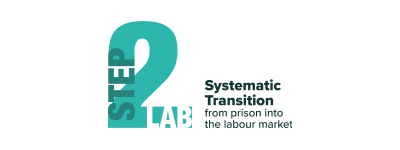
STEP2LAB
Systematic Transition from Prison into the Labour Market
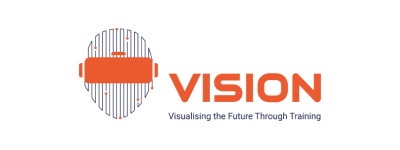
VISION
Visualising the Future Through Training

NEXT STEPS
Development and testing of a process chain for the placement of former detainees as specialists in the labour market

TRIANGLE
Secured digital education system for vocational skills for youngsters in closed institutions

PREVEX
Preventing Emotional and Sexual Abuse Among Young People

ViRTI
Virtual reality for training inmates

BLEEP
Blended Learning Environment for European Prisoners

VR4DRUG Rehab
Developing and Using Virtual Reality Technology for the Rehabilitation of Drug Users in Probation Services

Coding-OUT
Coding in prison as a valuable OUTside tool for employment

RE[ENTER]
Strengthening the capacity of criminal justice professionals and volunteers
Related news

From incarceration to the labour market: Innovative approaches to integrating former detainees into the workforce
Read More »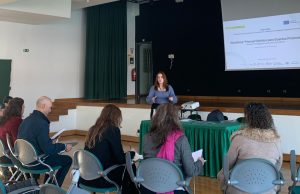
Workshops enhance the skills of correctional officers and volunteers to support post-prison employment
Read More »